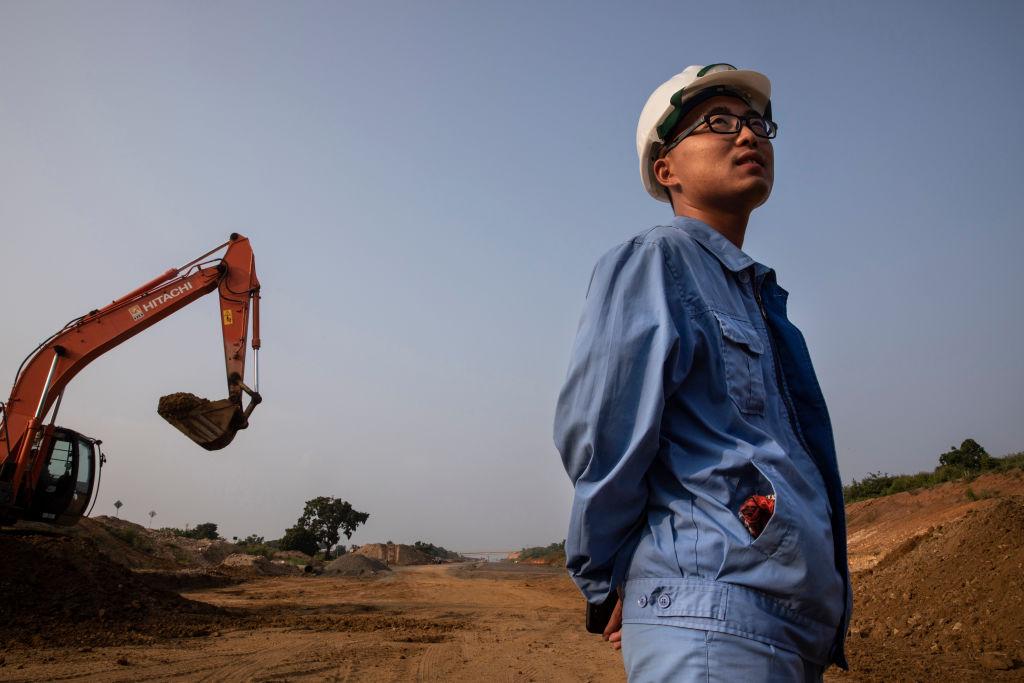WASHINGTON—Through its Belt and Road initiative (BRI), China is pouring billions of dollars into emerging countries to help build massive infrastructure projects. Many of these projects, however, are financed through Chinese state-controlled lenders, leaving some nations distressed by debt burdens and putting their sovereignty at risk.
BRI, also known as One Belt, One Road, is one of the world’s most ambitious development programs, spanning almost 70 countries and covering more than two-thirds of the world’s population. It was first proposed by Chinese leader Xi Jinping in 2013.





